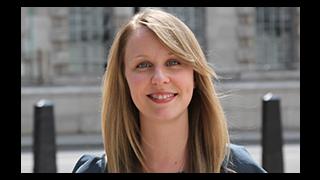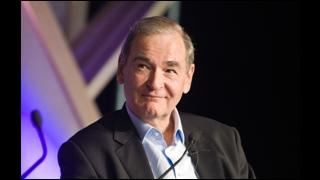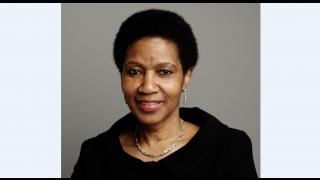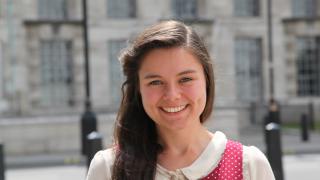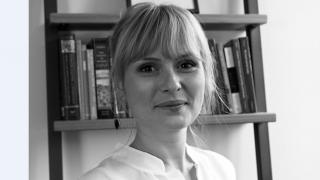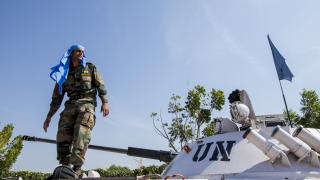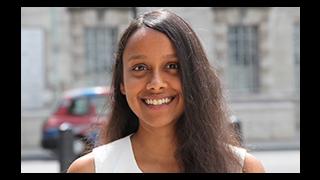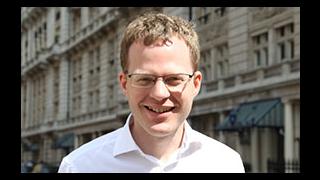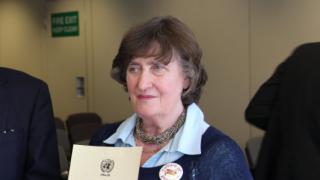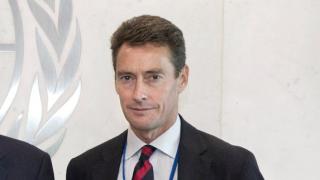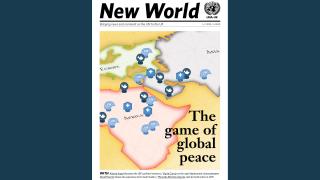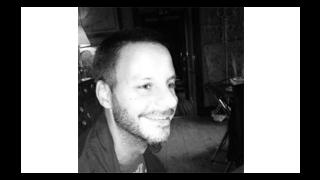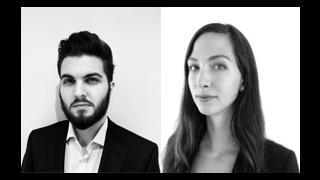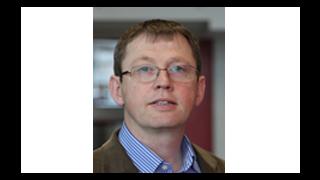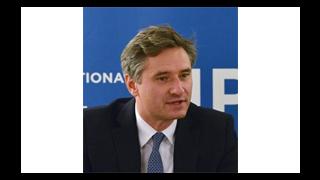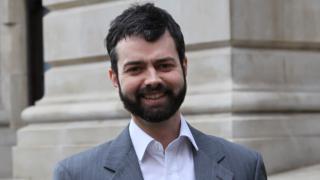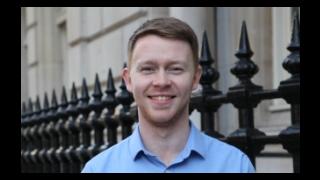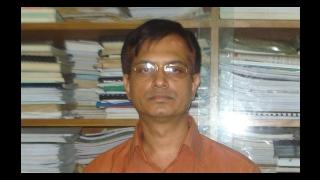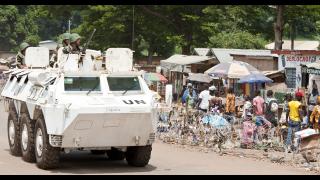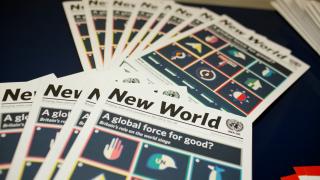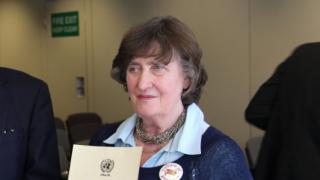
Critics of the UN say that if it does not undertake wholesale reform it will become redundant. This, however, is not wholly true. Although the changes in electronics, communication and travel have been monumental, they’re part of a mostly technological transformation.
The kind of change required for keeping the UN’s promise of peace and prosperity amounts to a cultural and social transformation that has yet to take place. What we really need is for UN member states to view greater investment in UN peacekeeping – in terms of both time and money – as an investment in everyone’s future security.
At UNA Canterbury we believe that the successes of UN agencies are being overshadowed by the well-publicised failure of the UN Security Council to maintain peace and security in accordance with the UN Charter. However, we also believe that the solution is functional rather than structural reform. By this we mean that UN member states must be enabled to work better with the various means and tools already available to them.
In the 1990s, the fallout from the Cold War increased demands for UN peacekeeping and led successive UN Secretaries-General to develop UN capacity for the multifaceted operations that now exist for both peacekeeping and peacebuilding. One of the most notable reforms was the Peacebuilding Commission, established at the 2005 UNWorld Summit as an advisory subsidiary body of the Security Council.
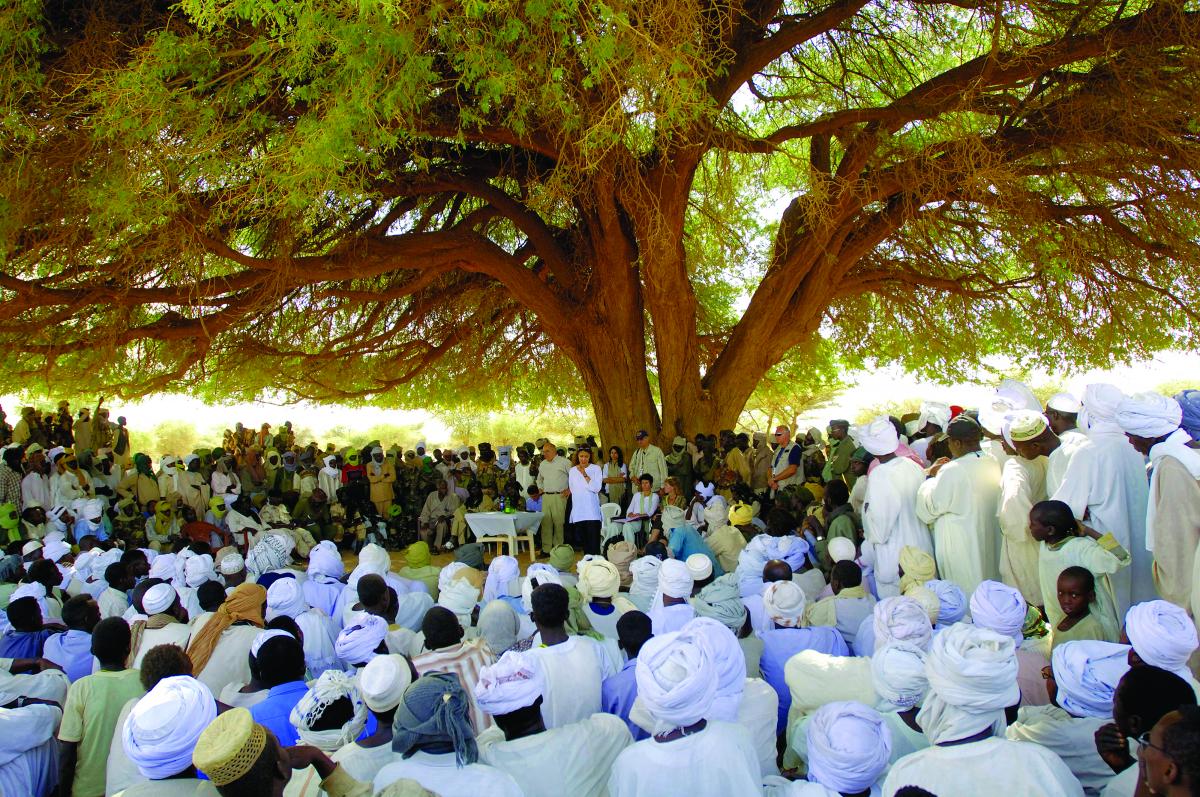
It would appear that since then, however, UN member states do not wish to put their money where their mouth is. The annual UN peacekeeping budget is about $7.8bn, which is only 0.44 per cent of annual global military expenditure, according to the Stockholm International Peace Research Institute. UNA Canterbury is among those who advocate that substantial amounts from this military spending should be transferred to the UN to optimise its latent capacity for peacekeeping and peacebuilding.
Therefore, pursuing peace and security does not begin with UN peacekeeping but with re-making national defence. This would require a considerable shift in perspective on the part of all member states. They must understand that the best and most cost-effective means of ensuring their own prosperity and security is to work together to properly resource and deploy the UN’s peacekeeping and peacebuilding apparatus.
It is, then, not for the UN to change to meet today’s world. It is for today’s world to change to meet the founding principles and ideals of the UN. Admittedly this may make world peace seem even more impossible to achieve. But UNA-UK has made an excellent start on this mission with its new peacekeeping programme, aimed at encouraging greater UK support for, and engagement with, UN peace operations. The UK, as a founder member with a permanent seat on the Security Council, has a special responsibility to ensure that the UN fulfils its original promise of global peace and equitable prosperity.
By association, all of us who are a part of UNA-UK bear the same responsibility. At UNA Canterbury, we have been developing our own “Peace Policy” and branch constitution, setting out our goals. Our constitution states that “We aim to inform and empower people – along with ourselves – to transform the culture of war and violence into a culture of peace and nonviolence”. We look forward to supporting UNA-UK’s peacekeeping programme, and to ensuring that in 2015, more people in the UK understand the steps that need to be taken to achieve the Association’s vision of a safer, fairer and the more sustainable world.
Sheila Kesby is the Officer for Peace and Human Security, UNA Canterbury branch
Photo: Jan Pronk, former head of the United Nations Mission in Sudan, urges members of the Sudan Liberation Army to engage in peace talks. © UN Photo/Fred Noy.

